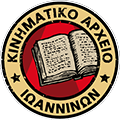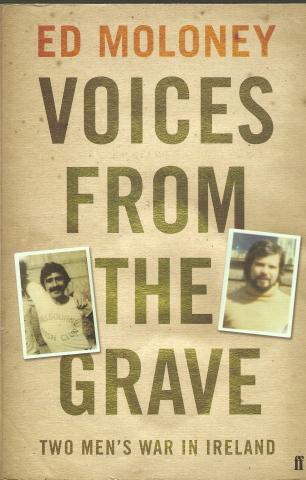CONTENTS
Illustrations
Maps
Preface
Introduction
BRENDAN HUGHES
DAVID ERVINE
Chronology
Notes
Bibliography
Index
The dawning of peace in Northern Ireland has not brought with it much truth about what happened during 'the long war'. Very few of the paramilitary leaders on either side have ever spoken candidly about their role in that bloody conflict.
Here, in a dramatic break with the unwritten laws of paramilitary omertà, two leading figures from opposing sides reveal their involvement in bombings, shootings and killings and speak frankly about how differently their wars came to an end.
In extensive interviews given to researchers from Boston College in America, they spoke with astonishing openness about their turbulent, violent lives. With their deaths, their stories can now be told
Brendan Hughes was a legend in the Republican movement. An 'operator', a gun-runner and mastermind of some of the most savage IRA violence of the Troubles, he was a friend and close ally of Gerry Adams and was by his side during the most brutal years of the conflict
Arrested along with Adams, he staged a daring escape from Long Kesh and then took charge of the IRA in Belfast. When recaptured, Hughes directed the IRA prisoners' campaign for political status. paving the way for the hunger strikes of 1981 and the deaths of ten Republican inmates. From the H-Blocks of Long Kesh, he helped Adams take over the IRA, bring Republicans into electoral politics and then to the peace process. But once released from jail Hughes's world fell apart. Disillusionment and a final break with Gerry Adams quickly followed.
David Ervine was the most substantial political figure to emerge from the world of Loyalist paramilitaries. A former UVF bomber and confidante of its long-time leader Gusty Spence, Ervine helped steer Loyalism's gunmen towards peace, persuading the UVF's leaders to target IRA and Sinn Fein activists and push them down the road to a ceasefire. Alone of all the Unionist groupings in Northern Ireland, Ervine's UVF was the first to spot the IRA's readiness to end its war.
For David Ervine, the UVF's war ended in victory as Northern Ireland's place in the United Kingdom was made more secure than ever before. For Brendan Hughes, the IRA had met defeat, its leaders exchanging power and prestige for the goal of an Irish Republic. These are the voices of truth, of two men who had nothing to lose by telling the truth, and as such they make a significant contribution to historical understanding.
Professor Thomas E. Hachey and Dr Robert O'Neill are the General Editors of the Boston College IRA/UVF Oral History Project of which Voices from the Grave is the inaugural publication.

